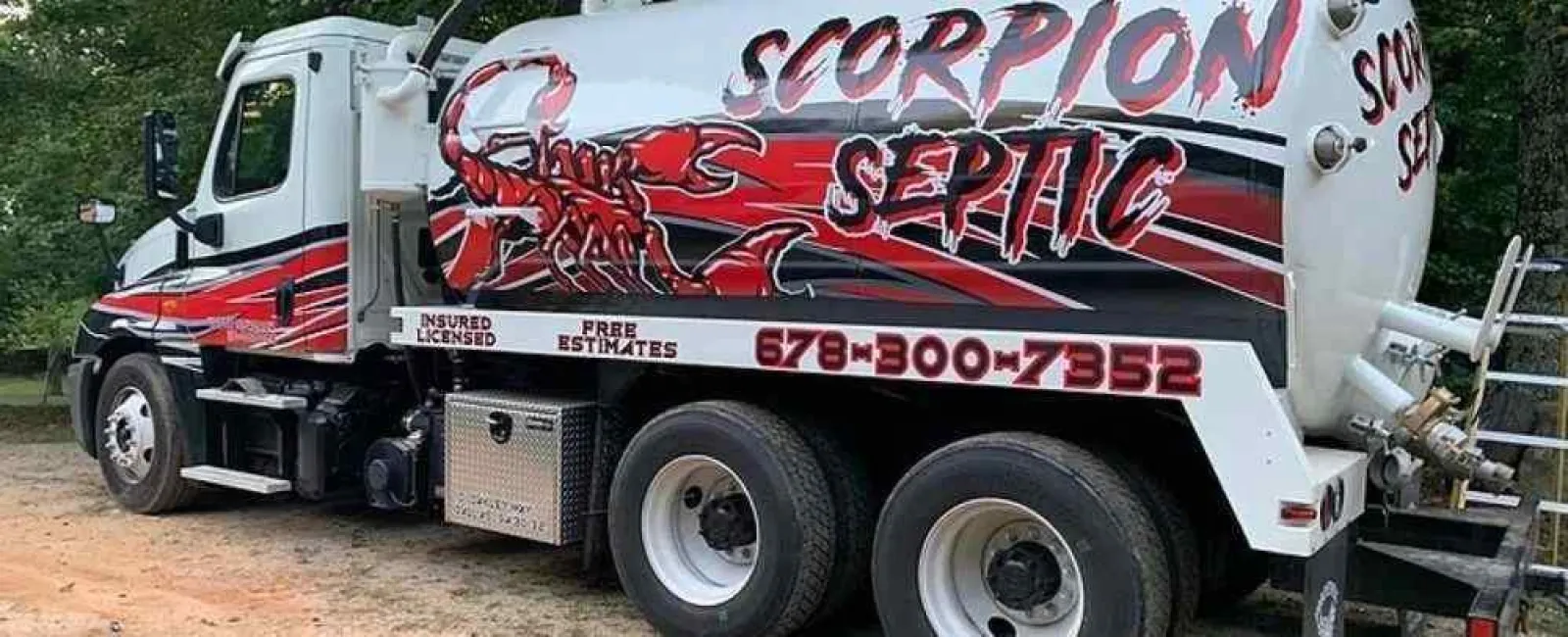Did you know that a well-functioning septic system safely processes waste and water produced by your kitchen sinks, toilets, and other household plumbing fixtures. The septic tank is one of the key components of this system since it holds wastewater while bacteria work to break the waste down. Only some of the waste leaves the tank, though, so it will eventually fill up with waste. A septic pumping appointment will empty it, ensuring it continues to function smoothly with no major issues, such as sewage backups. Here's a closer look at the septic tank and how often it needs to be pumped.
The Role of the Septic Tank
In a typical septic system, wastewater from different points of the home is funneled into one main drainage pipe, which leads into the septic tank. This is a watertight container buried in the ground.
Solid waste settles at the bottom of the tank, while liquid wastewater—called effluent—is siphoned out of the tank and into the drain field. The soil in the drain field removes bacteria and viruses before channeling the remaining water into the ground.
Why Regular Pumping Is Important
The sludge that gathers at the bottom of the septic tank has nowhere to go. Pumping removes this buildup before the tank can become overloaded. Without this service, sewage will eventually back up into the home, leak from the septic tank into the surrounding ground, or clog the drain field. Exposure to raw sewage is a health and environmental hazard and should be prevented at all costs.
To avoid these scenarios, you should get your septic tank pumped every three to five years. If you use a garbage disposal, you may need to schedule this service more frequently, as the disposal leads to more solid waste going into the tank. To further protect your septic tank, avoid putting harmful materials, such as sanitary napkins, tampons, wet naps, and cigarettes, down your home's drains.
For septic tank pumping in Dallas, GA, and the surrounding areas, trust Scorpion Septic. These professionals have more than 20 years of experience in the area with the training and tools to get the job done quickly and professionally. Visit their website for a full list of their services, including septic system installation, inspections, and repairs. For an estimate, call (678) 300-7352.

